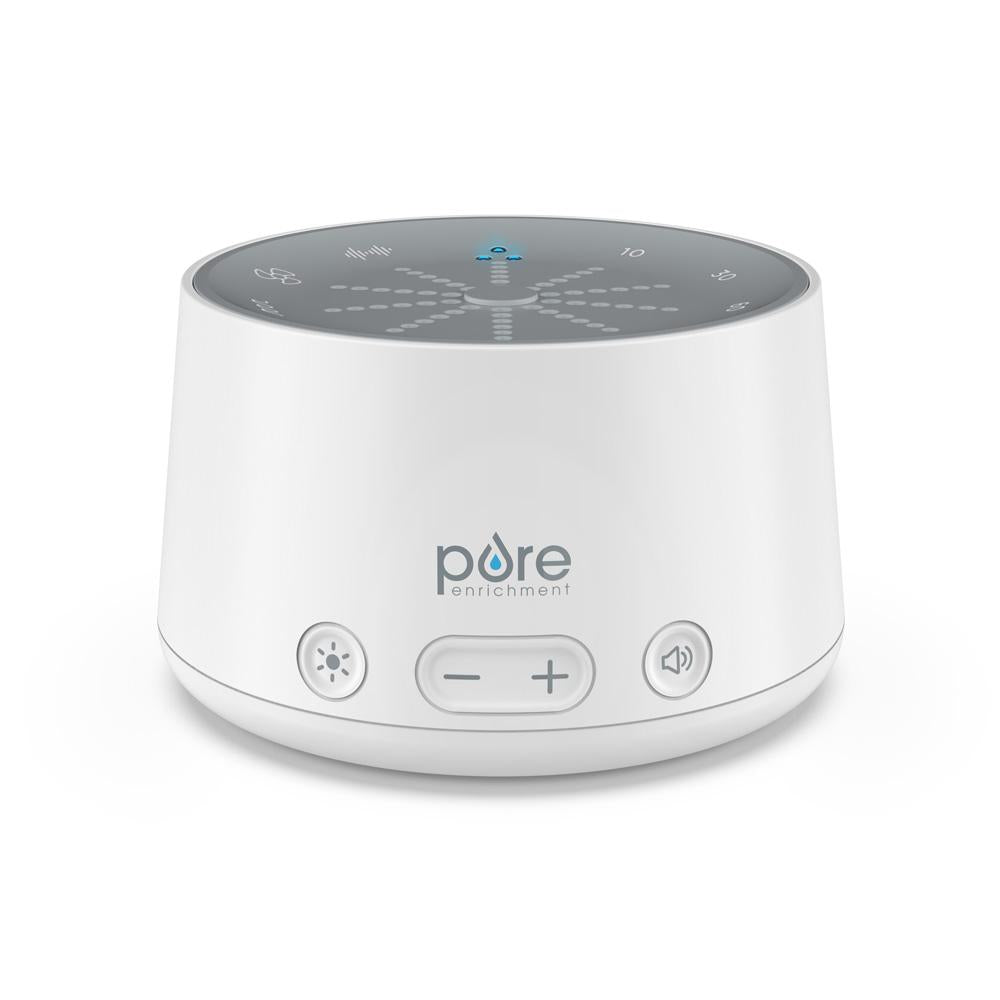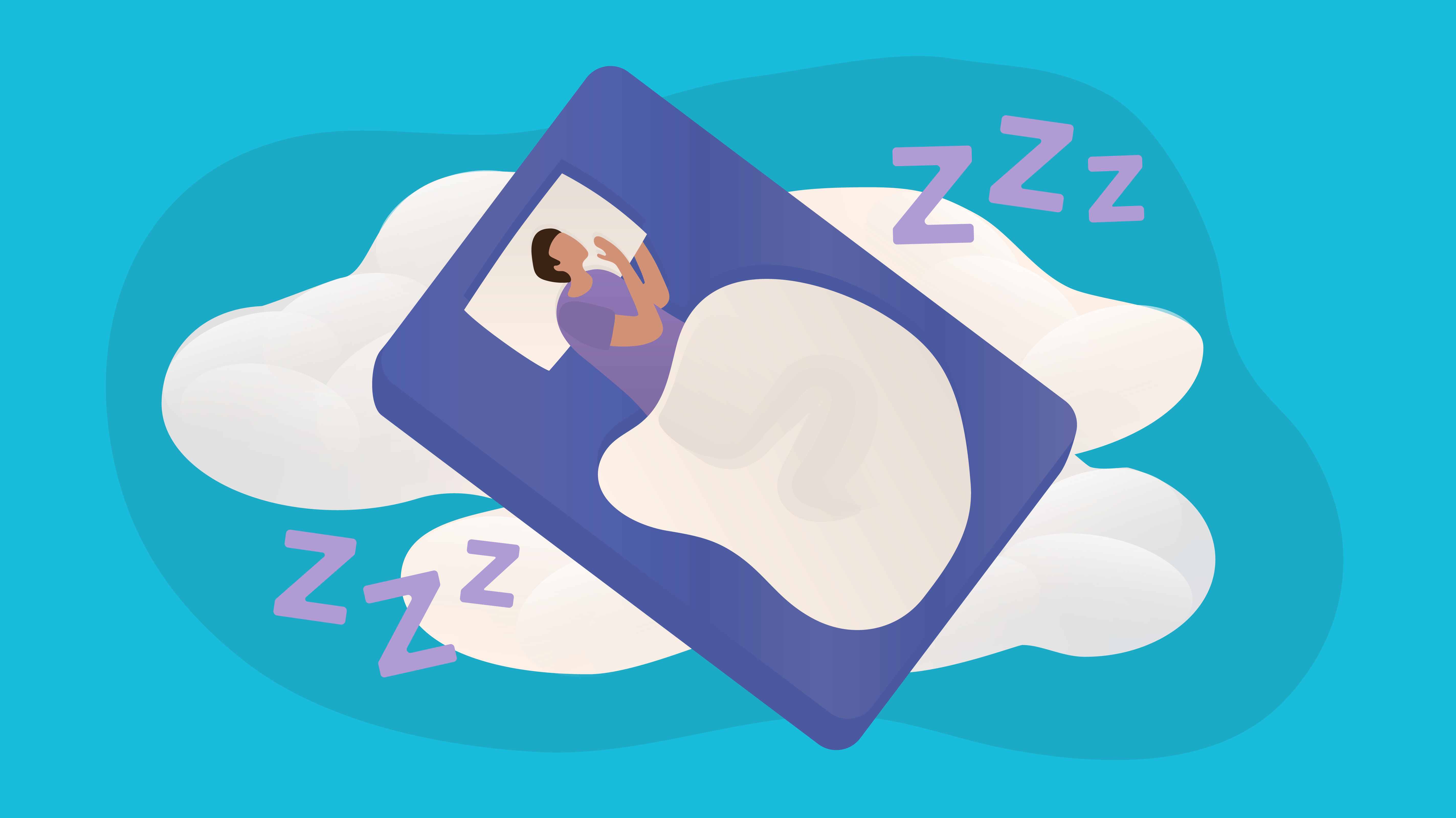Reliable Treatment Solutions for Managing Rest Disorders and Enhancing Peaceful Rest
In the world of medical care, the administration of sleep conditions and the pursuit for restful sleep are crucial components of general health. As we browse the elaborate landscape of sleep disorders and look for to boost our sleep experience, a deeper understanding of these therapy solutions may hold the trick to unlocking a much more rejuvenating and fulfilling restorative journey.
Cognitive Behavior Therapy for Sleep Problems (CBT-I)
Cognitive Behavior Modification for Sleep Problems (CBT-I) is a structured, evidence-based treatment method that concentrates on attending to the hidden elements contributing to sleep disturbances. This sort of treatment intends to change behaviors and ideas that aggravate sleeplessness, eventually promoting healthy and balanced rest patterns. CBT-I generally includes several essential components, consisting of cognitive treatment, rest constraint, stimulation control, and sleep health education and learning.
Cognitive therapy helps people determine and alter unfavorable thought patterns and ideas concerning rest that may be impeding their capacity to drop or stay asleep. Sleep restriction involves restricting the quantity of time invested in bed to match the individual's actual sleep duration, thus boosting rest performance (cognitive behavioral therapy for insomnia (CBT-I)). Stimulus control techniques assist develop a strong organization between the bed and sleep by encouraging people to head to bed just when sleepy and to prevent participating in boosting activities in bed
Moreover, sleep health education and learning focuses on developing healthy and balanced sleep routines, such as keeping a regular sleep routine, creating a relaxing bedtime regimen, and enhancing the rest atmosphere. By resolving these variables thoroughly, CBT-I offers an effective non-pharmacological intervention for handling insomnia and improving total rest quality.
Rest Hygiene Practices
Having established the structure of cognitive restructuring and behavioral alterations in resolving sleeping disorders via Cognitive Behavioral Treatment for Sleeplessness (CBT-I), the focus now moves in the direction of checking out crucial Sleep Health Practices for maintaining ideal rest quality and overall health.
Sleep hygiene practices incorporate a variety of behaviors and environmental elements that can dramatically influence one's ability to sleep and stay asleep throughout the evening. Constant sleep and wake times, developing a relaxing bedtime routine, and optimizing the sleep atmosphere by maintaining it dark, silent, and cool are critical parts of excellent sleep health. Restricting exposure to screens prior to going to bed, avoiding energizers like high levels of caffeine near to bedtime, and taking part in routine exercise during the day can likewise advertise far better sleep quality.
In addition, exercising relaxation methods such as deep breathing workouts or reflection prior to bed can assist soothe the mind and prepare the body for sleep. By integrating these sleep hygiene practices into one's daily regimen, people can establish a healthy rest pattern that sustains relaxing rest and total well-being.
Leisure Methods and Mindfulness
Carrying out leisure methods and mindfulness practices can play a crucial role in promoting a feeling of calm and advertising top quality rest. Additionally, led imagery can help transport individuals to a peaceful location in their minds, helping in stress and anxiety decrease and enhancing rest top quality.
Mindfulness practices, such as meditation and yoga, are additionally effective in advertising leisure and boosting rest. Mindfulness urges people to stay present in the moment, releasing stress over the past or future. By integrating these practices into non rapid eye movement a going to bed regimen, people can signify to their bodies that it is time to prepare and relax for rest. Generally, incorporating leisure methods and mindfulness techniques can substantially add to handling rest problems and improving total rest high quality.

Medicine Options for Sleep Disorders
After exploring relaxation strategies and mindfulness methods as non-pharmacological treatments for improving rest top quality, it is vital to think about medication alternatives for individuals with rest problems. In situations where way of life adjustments and treatment do not offer sufficient alleviation, medication can be an important device in managing rest disruptions.
Generally suggested medicines for sleep conditions include benzodiazepines, non-benzodiazepine hypnotics, antidepressants, and melatonin receptor agonists. Benzodiazepines, such as diazepam, are sedatives that can help induce sleep, however they are usually advised for temporary use due to the risk of dependence. Non-benzodiazepine hypnotics like zolpidem are also made use of to treat insomnia and have a reduced risk of dependancy compared to benzodiazepines. Antidepressants, such as trazodone, can be useful for individuals with co-occurring anxiety and rest disruptions. Melatonin receptor agonists, like ramelteon, target the body's all-natural sleep-wake cycle and can be helpful for managing rest patterns.
It is essential for people to seek advice my company from a doctor to identify one of the most proper medicine option based upon their certain rest disorder and clinical history.
Light Therapy for Circadian Rhythm Regulation
Light treatment, likewise recognized as photo-therapy, is a non-invasive treatment technique used to control body clocks and improve sleep-wake cycles. This treatment involves exposure to bright light that mimics all-natural sunshine, which assists to reset the body's internal clock. By subjecting individuals to specific wavelengths of light, generally in the morning or night relying on the desired impact, light therapy can successfully change the body clock to promote wakefulness throughout the day and improve peaceful sleep at evening.
Study has actually revealed that light therapy can be particularly advantageous for people with body clock problems, such as postponed sleep stage disorder or jet lag. It can also be helpful for those experiencing seasonal depression (SAD), a sort of anxiety that normally takes place during the winter season when all-natural light direct exposure is reduced. Light treatment is normally well-tolerated and can be utilized combined with other therapy techniques for sleep disorders to maximize outcomes and improve overall sleep top quality.
Conclusion
Finally, efficient therapy remedies for managing sleep problems useful site and improving restful rest consist of Cognitive Behavioral Treatment for Sleep Problems (CBT-I), rest hygiene techniques, relaxation techniques and mindfulness, medication choices, and light therapy for circadian rhythm guideline. These techniques can aid people improve their sleep top quality and general wellness. It is very important to seek advice from a healthcare supplier to determine the most suitable technique for addressing sleep concerns.
As we navigate the complex landscape of sleep disorders and seek to improve our sleep experience, a much deeper understanding of these treatment remedies might hold the key to opening a more rejuvenating and satisfying corrective journey.
Rest constraint involves restricting the amount of time invested in bed to match the individual's real rest duration, consequently increasing rest efficiency. Consistent sleep and wake times, developing a relaxing going to bed routine, and maximizing the sleep environment by keeping it dark, quiet, and cool are critical parts of excellent rest hygiene. Light therapy is usually well-tolerated and can be made use of in conjunction with other treatment approaches for rest conditions to maximize end results and enhance general sleep top quality.
